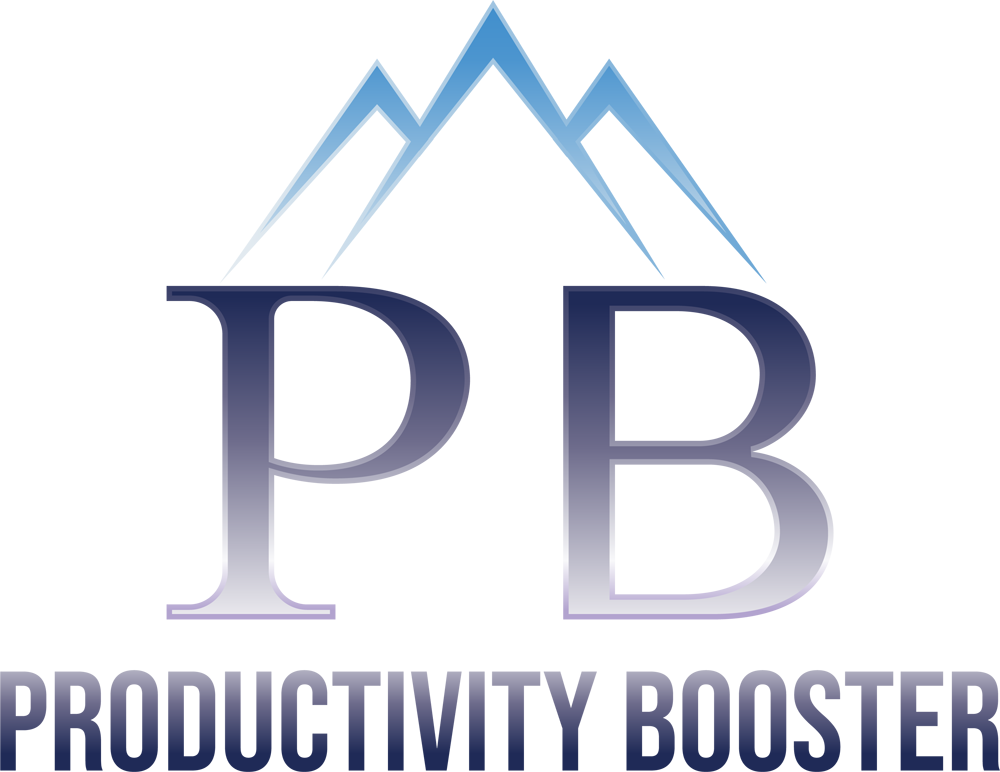
05 Oct Neuroscience Tips To Increase Your Productivity In Less Than 5 Minutes
The Quantum Acceleration Era would be a proper name to describe the time we live in. Guess why? More things need to be done in a shorter period of time both at work and in private life. We experience a lot of rapid changes. In addition, we face a huge information overload.
Do you also have a feeling that the pace of this century is getting faster and faster, almost doubling every couple of years? Simultaneously, you are willing to spend more time with the family, friends, travelling and following your dreams. It’s a busy world with lots of responsibilities to attend and incredible opportunities to pursue. Where could you gain more time to manage all that?
Luckily, the science is also developing fast, creating the best productivity tools and strategies. The recent Neuroscience research offers great tips how to increase productivity if you are pressed for time. Implementing these Neuroscience tips will take you only 5 minutes a day and bring huge benefits by increasing your creative potential, planning skills and the ability to focus:
1. Yawn to increase your cognitive function and thus boost your productivity in less than 1 minute.
You feel skeptical, right? Simply try it and observe the results. You might become a frequent yawner after you see the difference. Conscious yawning throughout the day is one of the most important ways to maintain cognitive performance. In addition, yawning is the fastest and most effective way to lower mental stress. Mark Robert Waldman, one of the world’s leading Neuroscientists, teaches mindful yawning to MBA students and advises to yawn as many times a day as possible: when you’re confronting a difficult problem at work, before giving an important talk, before you take a test and whenever you feel anger, anxiety, or stress.
As a student, I was yawning regularly during the courses while the professor was presenting the new topic. I couldn’t stop yawning despite the fact that the topic was extremely interesting and important. A couple of times the professor would pause and comment: “Elena, please stop yawning!” At that time I had no idea about the scientifically proven benefits of yawning and felt totally embarrassed. Looking back at my University years, I can confirm that yawning was one of the best productivity strategies I could apply: in addition to being an A-student from the start, I was granted presidential scholarship in the fifth year of studies, graduated with High Honours and was one of the 3 students from our University who got regional awards for excellence in studies that year.
You wouldn’t believe if I told you that I didn’t spend 20 hours a day studying in order to get all these distinctions. I mixed with friends and took part in extracurricular theatrical activities, gave private English lessons to finance my studies; attended a private Business Course twice a week, Computer School twice a week, Spanish Course twice a week. In my opinion, yawning was the key strategy which helped me concentrate and learn the material during the lectures so that I could invest the rest of the time in other activities.
Why is yawning so helpful? According to Neuroscientific research, it increases cerebral blood flow which enhances mental efficiency and quickly brings you into a heightened state of cognitive awareness. In fact, yawning has a similar effect on a person as having a cup of coffee. Numerous neurochemicals which are essential for motivation, memory recall, and voluntary decision-making are released during the yawning experience. Below are the 5 reasons to yawn frequently:
Yawning stimulates concentration
Optimizes brain activity
Improves cognitive function
Increases memory recall
Lowers stress
If all these scientific details and my personal story haven’t convinced you to use the yawning strategy, feel free to try it on a daily basis for one month and judge by your own results.
2. Daydream to enhance your creativity and thus increase productivity in just 2 minutes a day.
Nowadays being creative is essential not only for the people in artistic professions but also for everyone. Creative solutions help us reduce the time needed to complete the task and bring great results. Researchers believe that mind-wandering helps make better plans for the future, increase your learning capacity, and enhance creative problem-solving skills. Of course, we shouldn’t overuse daydreaming and hope that things will get done by themselves. Having a quick break to daydream for 30-60 seconds several times a day is sufficient to bring you to the next creativity level.
My mother used to call me “the dreamer” every time when she caught me daydreaming. As an adult I still continue daydreaming and am happy to know that it makes me more productive. Many people consider daydreaming to be an unproductive activity and your boss might not encourage you to daydream. Just like with anything, too much of daydreaming might have an opposite effect to what we desire. Therefore I recommend practicing quick daydreaming which enhances your creativity and simultaneously increases your productivity.
3. Observe things mindfully for 2 minutes a day to enhance your planning ability and boost productivity.
Sometimes we are falling in the stream of doing a lot of tasks without noticing that not all them will bring us towards the desired goal. Stop at least once a day for a couple of minutes to observe things mindfully, without judgement. This quick pause will take out the pressure of completing all tasks from your To Do list. In addition, you will gain a new perspective on things whether you need all of them to be done and whether their sequence should be changed. Mindful observation is the key to successful planning. And planning saves you on average 10 times more time than if you indulge into doing things without prior consideration of the execution strategies and outcome.
To conclude, you need only 5 minutes a day to start working on your productivity and reach great results with the latest Neuroscientific tips. Using productivity tools and strategies will help you get more things done in less time, make your dreams a reality much faster and enjoy life.
WE’D LOVE TO HEAR FROM YOU!
What Neuroscience tricks do you use to boost your productivity? Leave a comment below and I’ll follow up with you.

